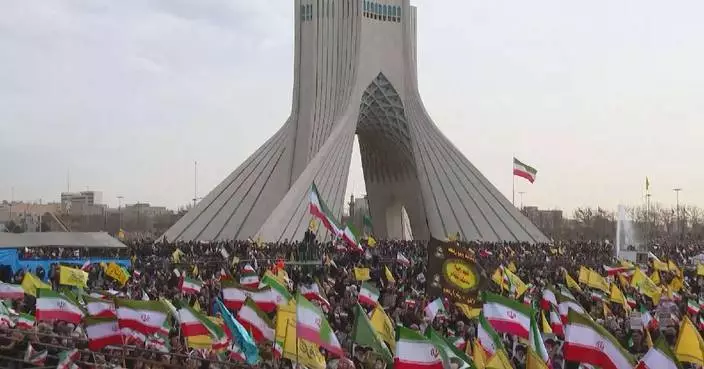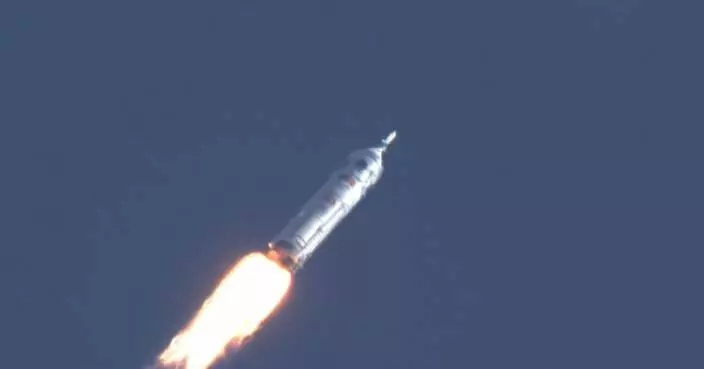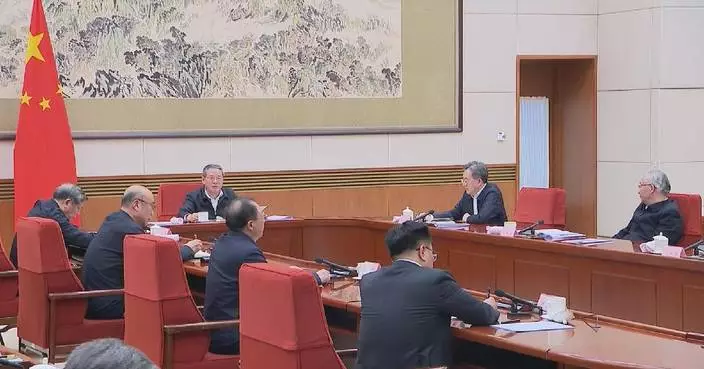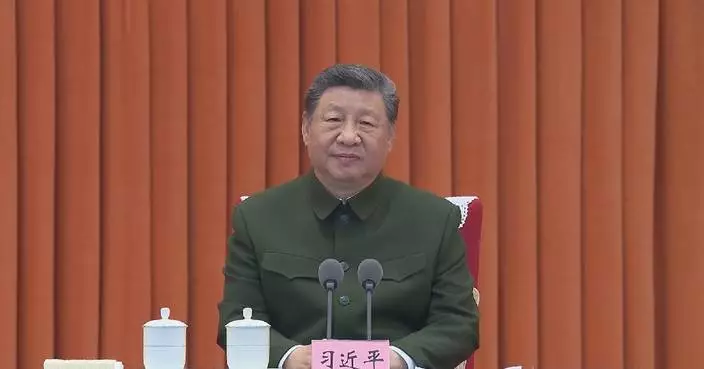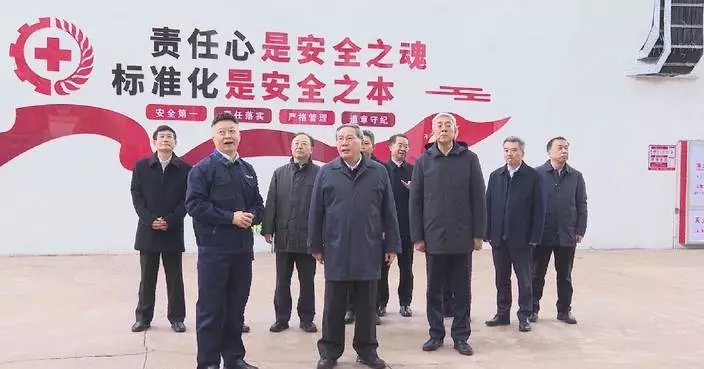More than six million people have checked in and out of the Horgos International Border Cooperation Center this year as of Friday, a 75 percent increase from the same period last year, according to data from the Center.
Located in northwest China's Xinjiang Uygur Autonomous Region, the Horgos International Border Cooperation Center serves as a vital hub for trade and tourism between China and Kazakhstan.
The mutual visa exemption agreement between the two countries took effect on Nov. 10, 2023, allowing nationals from each country to stay in the other for up to 30 days per entry, with a maximum of 90 days within a 180-day period.
Twelve manual inspection channels and ten express lanes at the Center are open daily to accommodate the peak passenger flow that begins early each morning.
Data from the Horgos entry-exit border checkpoint shows that the Cooperation Center sees an average daily traffic of over 20,000 people, with peak single-day numbers reaching as high as 37,000.
Home to over 200 duty-free shops, the Cooperation Center offers a vast selection of products across tens of thousands of categories, from handicrafts and clothing to specialty foods and high-tech items.
As the largest duty-free shopping zone in western China, it also stands as the world’s first cross-border free trade and investment cooperation zone.
Thanks to the Cooperation Center's preferential policies, prices in these duty-free shops are lower than elsewhere, attracting many tourists.
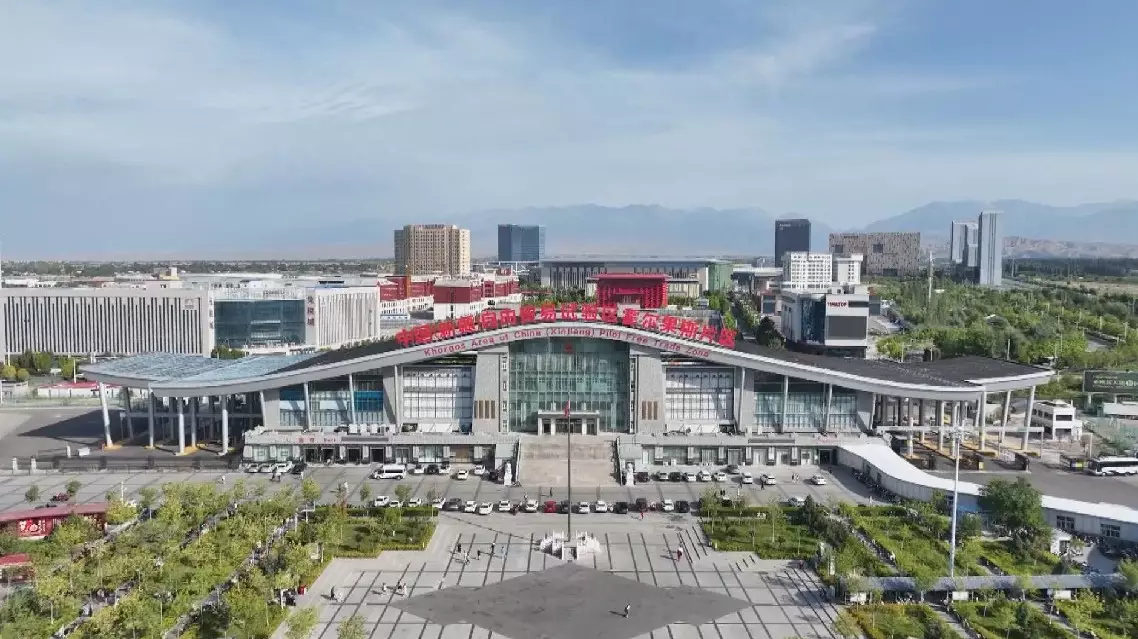
China-Kazakhstan border gate sees 75 pct annual increase in passenger traffic
The ongoing probe revolving around the late U.S. financier and convicted sex offender Jeffrey Epstein has become a powerful symbol of systemic dysfunction in Western political and judicial systems and has significantly eroded public trust, according to analysts.
In the latest episode of the China Global Television Network (CGTN) opinion show 'The Point with Liu Xin' which aired Wednesday, experts debated the ongoing controversies surrounding the latest release of documents in the so-called Epstein files.
The newly-released files totaling some three million pages have sparked serious scrutiny across the Atlantic, prompting the resignation of several political figures over their ties to Epstein, who died under mysterious circumstances in a maximum-security facility in 2019.
Han Hua, the co-founder and secretary general of the Beijing Club for International Dialogue, a Chinese think tank, noted how Epstein, in spite of his conviction, had seemingly built up an expansive network of the rich and powerful, and said the sense of "elite impunity" and the seeming disregard for morality among many of those involved has dealt a huge blow to Western democracy, which is supposedly built upon the basis of the rule of law.
"Right after 2008, Epstein certainly has built an even stronger and much larger Western elite circle including politicians, including academia, including the political and the religious figures like the Dalai Lama. So this actually indicates the 'bankruptcy' of the Western democracy from the moral high ground, from the rule of law. It is systematic damage to the whole system and also to the judicial and legal system. And they are building a circle that can protect Epstein and the elites in this circle from getting [allegations], from getting legally punished, so that the cases [could become] even larger. And there are so many victims, there is no perspective with regard to the victims to be protected," she said.
Josef Mahoney, a professor of politics and international relations at East China Normal University, said the ongoing Epstein saga has deeply flamed public distrust, exposing uncomfortable truths about how power operates behind closed doors.
"We've also seen, as has been raised, the question about whether or not the system can be trusted. There's intense distrust now in the system. But at the same time, I think the other point to be raised about moral authority is that what you see are leaders, figures from different fields, from across the political spectrum, essentially working together in a way, so they represent and they stoke divisions in society that exploit and suppress the people. But at the same time we see them, the left wing, the right wing, the center, all sort of having these extreme parties or relationships with each other, which really begs the question of whether or not there's a true democracy to begin with," he said.
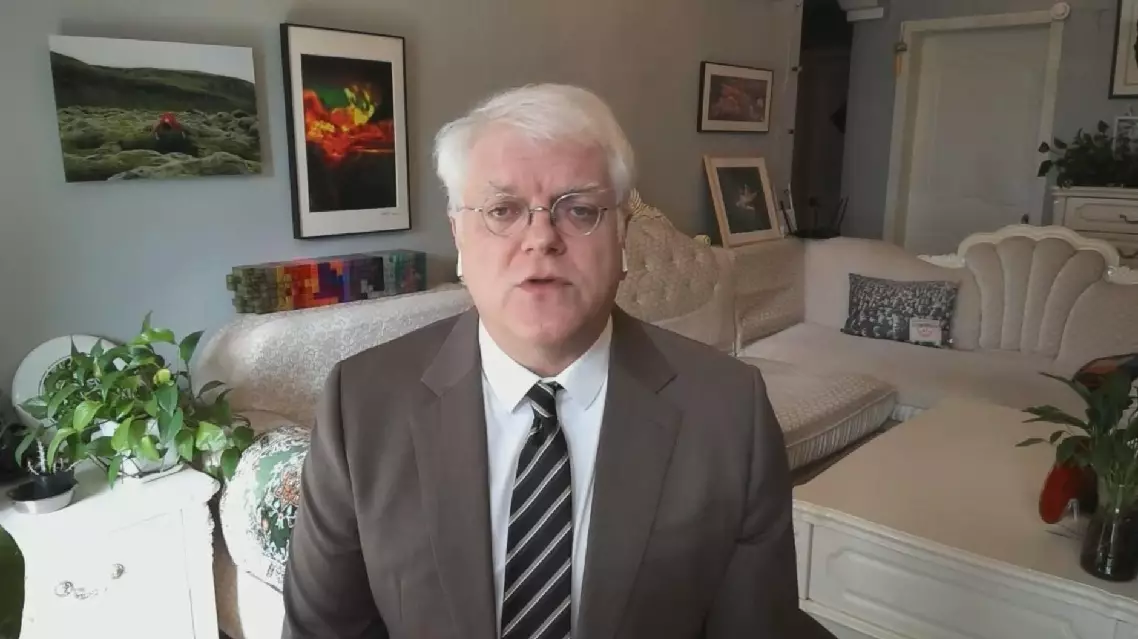
Epstein case sows deeper distrust in Western politics, judicial systems: analysts





